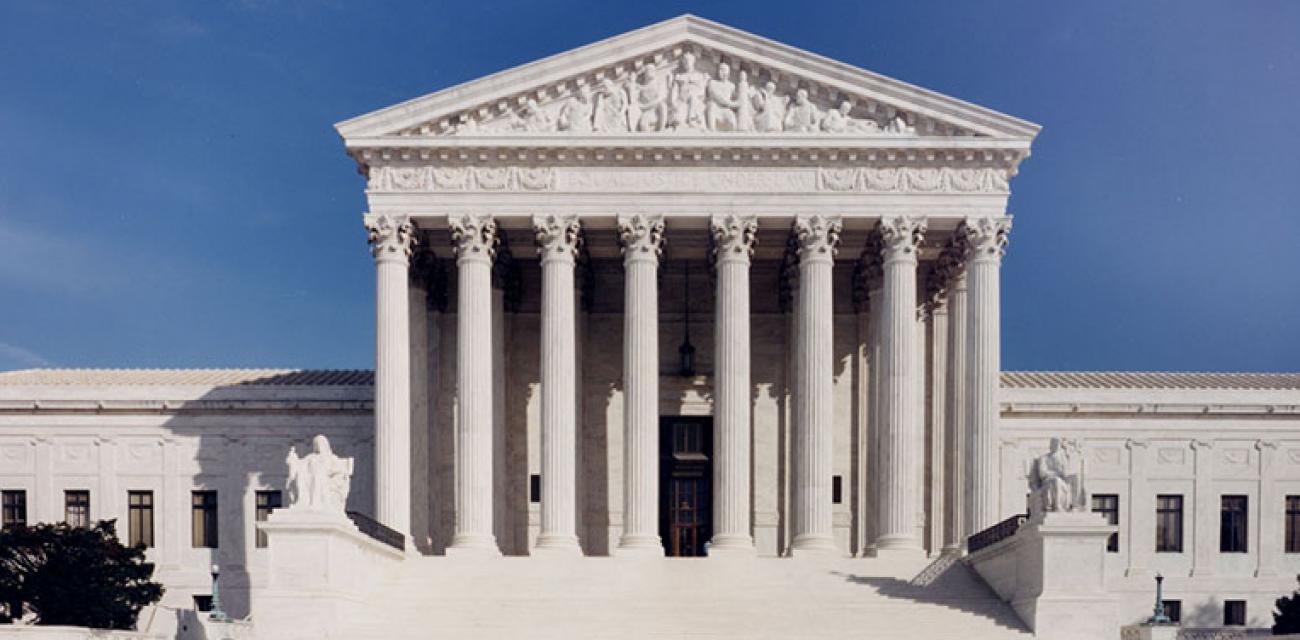Forces seeking to completely end public education are, once again, attempting to use the courts as a weapon in their attacks. And this time around, it seems they have a really good chance of winning.
On January 22, the Supreme Court of the United States (SCOTUS) heard arguments in Espinosa v. Montana Department of Revenue. The petitioners in the case seek to reverse a law in Montana that prohibits public tax dollars from going towards religious schools.
To figure out what is going on in this case, you have to follow the money. Back in 2015, a law was passed in Montana that gave residents of the state a tax credit if they made a donation to a private school that would be used to provide scholarships for students to attend that private school. Because the state was giving a tax credit to those who made these donations, it was, essentially, subsidizing a percentage of the money that went directly into the pockets of the private schools. The state tax credit law was challenged in the Montana Supreme Court in 2018 and the state was ordered to eliminate the use of tax credit on the basis that Montana state prohibits religious schools from directly or indirectly receiving state aid. Those who want to bring back the tax credit have asked the Supreme Court to rule in their favor. And it is looking like the court may do just that.
There has long been a tradition in our country of, wherever possible, separating the lines between what government must do and the rights of citizens to practice their religion as they please. Because of this, state and federal governments have attempted to steer clear of any instances where religious institutions of any kind – including churches and religious schools – receive direct financial support.
Government financial support usually comes with government oversight as to how that money is being spent. Problems can present themselves when government begins oversight of religious institutions which often go about their business based on dogma that is not completely in line with the law. For example, it is the law in our country that members of the LGBTQ community cannot be discriminated against. However, some religious schools discriminate against LGBTQ Americans in many ways. Many religious schools teach only creationism and ignore the science of biological evolution taught in public schools. What will the religious schools do if/when the state demands changes to what they are doing in exchange for the funding it provides? These questions will have to be answered if the court allows tax dollars to go towards private schools run by religious institutions.
Another consequence of allowing tax dollars to fund religious schools will be the financial impact on public schools. An increase in tax credits going to people who contribute to private schools will leave states with less revenue coming in to invest in public schools. And if Montana state law is changed to allow this to happen, laws in other states will also be changed, resulting in a reduction in funding for public schools throughout the country.
It is no surprise, therefore, that the legal team representing the Petitioner in this case has received financial and legal support from the Institute for Justice, an organization that has received millions of dollars from the DeVos family, with the ultimate goal of eliminating funding for public schools and turning all public education into a private, for profit, industry.
During oral arguments on January 22, comments by many members of the Supreme Court seemed to indicate that the majority of the court will rule in favor of Espinosa, restore the tax credits and, as the saying goes, let the chips fall where they may regarding the separation of church and state issues and potential losses to public education funding. Other Justices, however, had a different viewpoint on the matter.
During oral arguments, Justice Elena Kagan said, “What this is, is essentially a state saying, for many reasons that have been viewed as legitmate – even though not shared by everybody, but have been viewed as legitimate for many years – ‘We don’t want to subsidize religious activity, in particular religious education.”
A decision in the case is expected sometime this spring. You can read the complete transcript from the oral argument in the case by clicking here:
https://www.supremecourt.gov/oral_arguments/argument_transcripts/2019/18-1195_g314.pdf
 2017 NYSUT Communications Award - Best Website
2017 NYSUT Communications Award - Best Website
